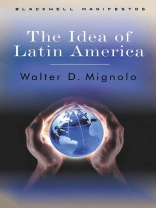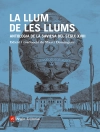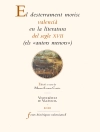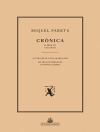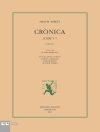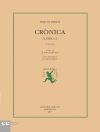The Idea of Latin America is a geo-political manifesto which insists on the need to leave behind an idea which belonged to the nation-building mentality of nineteenth-century Europe.
* Charts the history of the concept of Latin America from its emergence in Europe in the second half of the nineteenth century through various permutations to the present day.
* Asks what is at stake in the survival of an idea which subdivides the Americas.
* Reinstates the indigenous peoples and migrations excluded by the image of a homogenous Latin America with defined borders.
* Insists on the pressing need to leave behind an idea which belonged to the nation-building mentality of nineteenth-century Europe.
Table des matières
Acknowledgments.
Preface: Uncoupling the Name and the Reference.
1 The Americas, Christian Expansion, and the Modern/Colonial
Foundation of Racism.
2 ‘Latin’ America and the First Reordering of the
Modern/Colonial World.
3 After ‘Latin’ America: The Colonial Wound and the
Geo-Political/Body-Political Shift.
Postface: After ‘America’.
Notes.
Index
A propos de l’auteur
Walter D. Mignolo is William H. Wanamaker Professor and Director of Global Studies and the Humanities at the John Hope Franklin Center for International and Interdisciplinary Studies at Duke University. His recent publications include Local Histories / Global Designs: Coloniality, Subaltern Knowledges and Border Thinking (2000) and The Darker Side of the Renaissance: Literacy, Territoriality and Colonization (1995). He is founder and co-editor of the journal, Disposition, and co-founder and co-editor of Nepantla: Views from the South.
